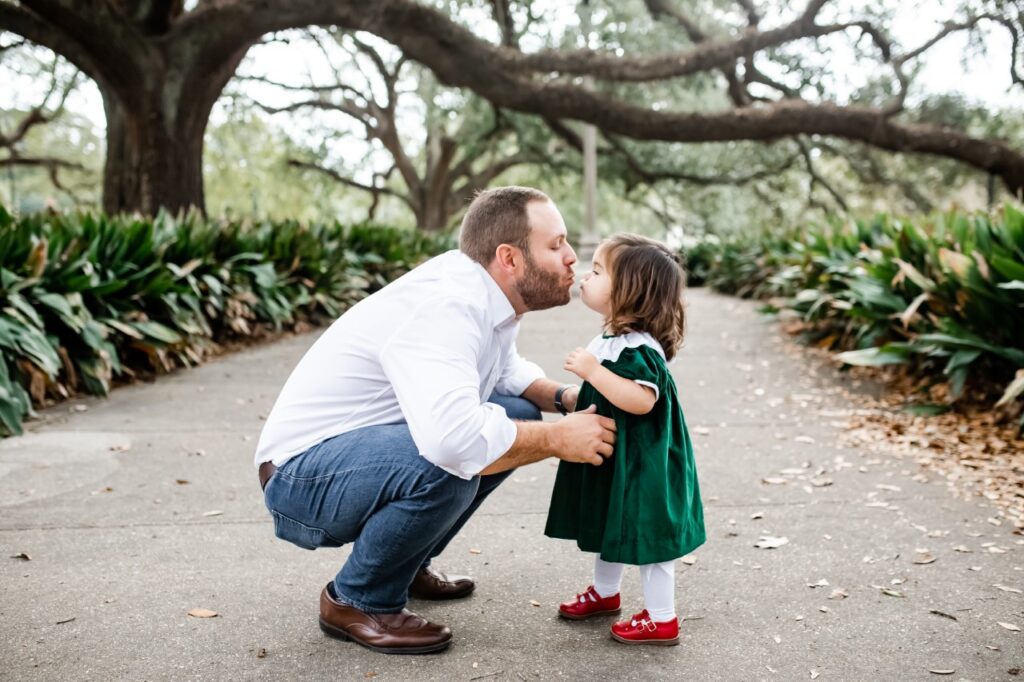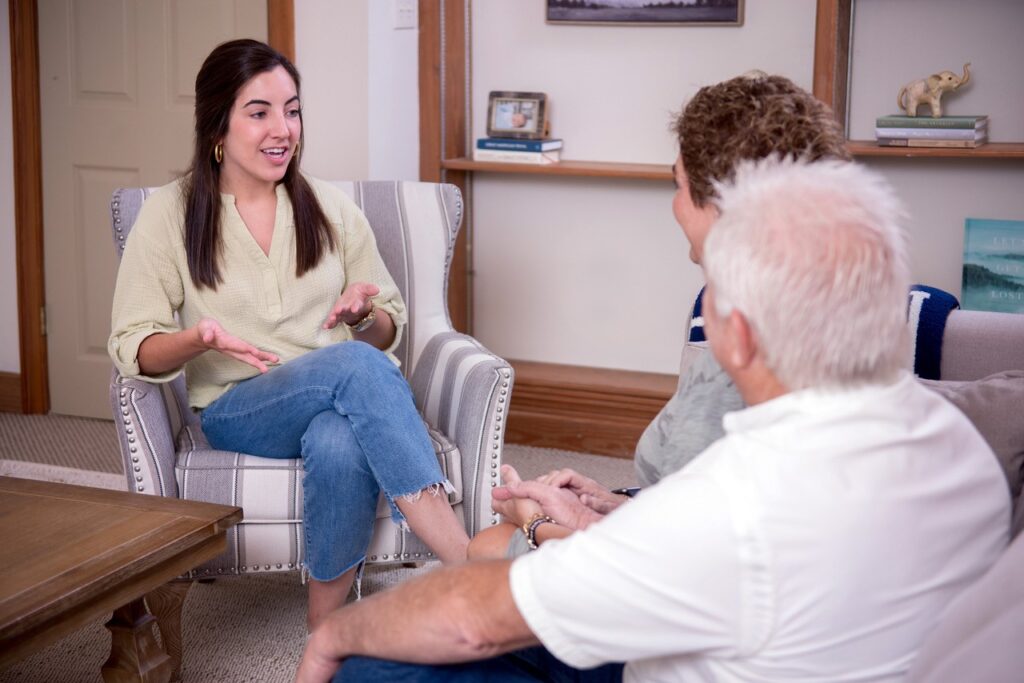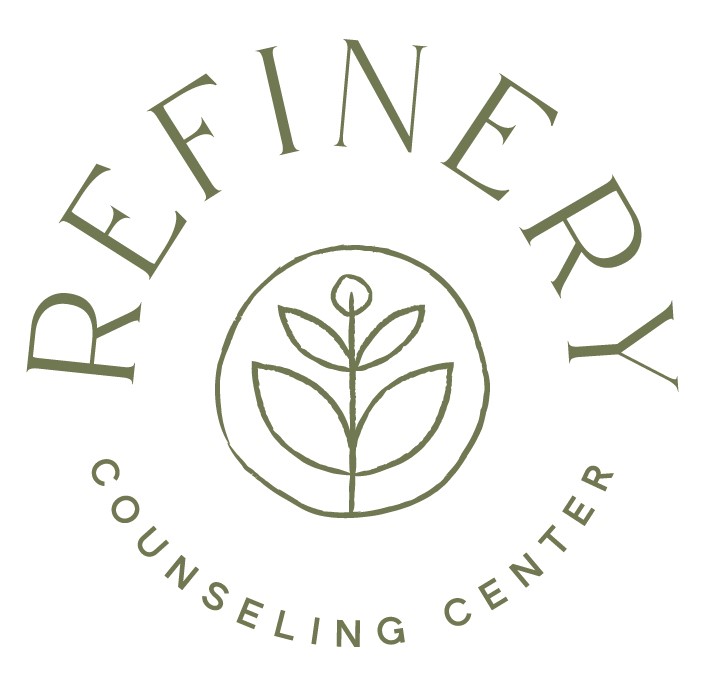People are made for relationship – and healthy relationships start at home. We see it throughout our lives. At the moment of birth, a baby cries out for its mother, seeking the warmth and comfort of a mother’s hold. Young children desire friendship, inviting peers to engage in playground games. Our tweens and teens “hangout” at the pool and join sports teams for companionship. As college students, we register for clubs and organizations in order to build community with like-minded peers. As adults, we choose a spouse, someone to walk through life with intimately and logistically.
Healthy Relationships Start at Home

Our entire lives orbit around relationships. Friendships, working relationships, romantic relationships, social media… it all revolves around connection. As parents, we want our children to foster healthy relationships in each season of life. So how can we be intentional about preparing our children to seek and cultivate healthy relationships? Licensed Professional Counselor and parenting expert, Ally Bayard shares 3 key ideas for facilitating healthy relationships in every stage of life:
1. Prioritize Communication
Instruction without relationship lacks value. Think back to school- was there a teacher or coach you respected? Maybe one you even idolized? Think back to how you would hang on to every word of instruction or encouragement from that trusted adult. Our kids are wired the same way. If we want our children to absorb our words, there has to be a foundation of trust. This starts with prioritizing communication.
As parents, we have to be intentional about monitoring the communication our kids receive each day. Are they hearing from TikTok and Snapchat more than they’re hearing from us? More than they’re hearing from their family or their youth leader? What words are being spoken to them each day? Are they words of encouragement and affirmation, or words of correction and criticism?
As parents, we are the gatekeepers of our homes. One of my favorite resources to share with parents who feel conviction about having more control over the messages their children receive is our Screen Sanity course which equips parents to help their kids establish healthier relationships with screens. We can have so much influence over our children just by prioritizing the messages they receive each day, by the words we are speaking to them and over them, and also by limiting social media consumption.
2. Model Emotion Regulation
When we curate the messages our children receive each day, it’s then important that our actions match our words. How can we foster trust and safety in our relationships if we don’t model trust and safety ourselves? Research shows that consistency strengthens brain connections that lead to trust and secure attachments (Bales et. al. 2018). If we want our children to be slow to anger, we need to model what it looks like to be slow to anger. A few key ideas I share with parents during parenting consultations include:
•Responding instead of reacting
•Using choice and consequence language
•Loving the child, despising the behavior
•Apologizing when we mess up as adults
These four pillars allow parents to model and facilitate healthy relationship skills that can carry over from family systems into friendships and eventually into romantic relationships as well. Our children aren’t born knowing how to engage in healthy relationships. Our job as parents is to teach them.

3. Introduce Different Love Languages
Love languages are fluid and change over time as relationship dynamics and needs change. It is important for parents to understand how we give and receive love, so we can speak love to our children in a way that they understand. We often joke that it would be nice if children came out with a handbook, but the truth is, each child is fearfully and wonderfully made. As parents, our goal should be to parent each child to his or her needs and strengths.
The same way that teachers prioritize learning styles in school, we as parents need to prioritize understanding and speaking our children’s love languages. If I can show value to my child by speaking their unique love language, then they grow up feeling worthy of love. On the flip side, if a parent chooses to only show love in one way, and that is not the love language of the child, then what are we really saying? That this child doesn’t deserve to feel love? That love is only love on someone else’s terms?
Parenting can be overwhelming for many reasons. In all of my years as a counselor specializing in children and family work, the theme that seems to come up the most is fear of failing our children. Mom-guilt and dad-guilt are real and can be consuming. But if we get this piece right, raising our children to be resilient and to foster healthy relationships, the rest can simply fall in to place
 Ally is the owner and founder of Refinery Counseling Center, a boutique counseling group in Baton Rouge, LA, with a heart for mental wellness. The clinicians at RCC specialize in all areas of mental health and relationship counseling, including play therapy for children, counseling for adolescents and adults, marriage counseling, and parenting consultations. Interested in working with Ally Bayard, LPC-S, CAS? Want to get to know the rest of the team? Contact Refinery Counseling here for more information.
Ally is the owner and founder of Refinery Counseling Center, a boutique counseling group in Baton Rouge, LA, with a heart for mental wellness. The clinicians at RCC specialize in all areas of mental health and relationship counseling, including play therapy for children, counseling for adolescents and adults, marriage counseling, and parenting consultations. Interested in working with Ally Bayard, LPC-S, CAS? Want to get to know the rest of the team? Contact Refinery Counseling here for more information.

